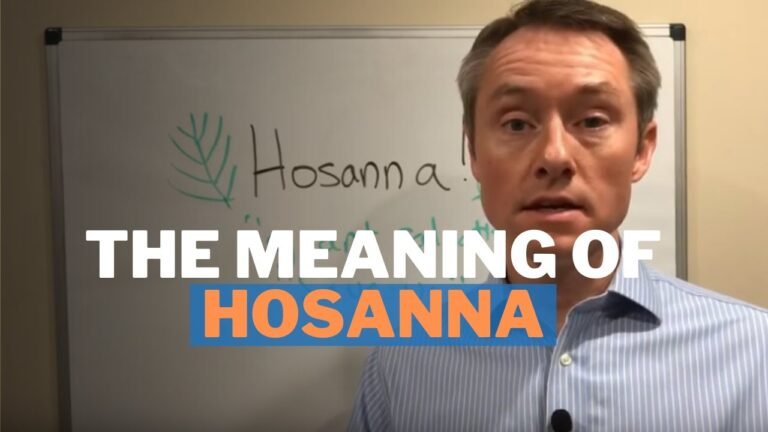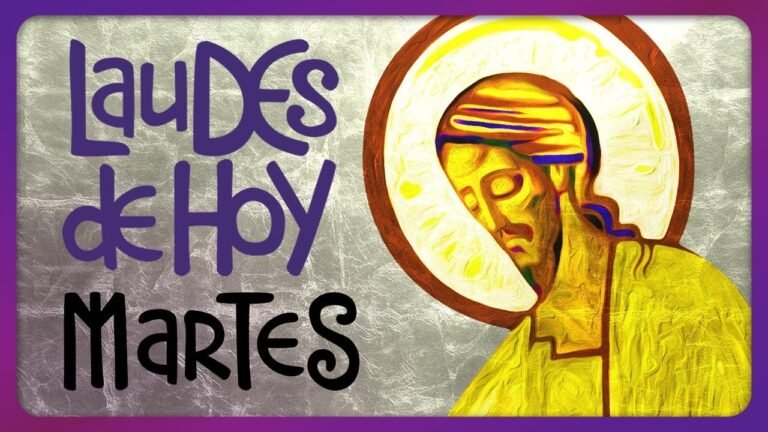Divine Perspectives on Gambling
Gambling has long been a topic of debate, raising questions about morality, risk, and faith. Many people turn to their spiritual beliefs for guidance, seeking insight into what God says about gambling. As individuals grapple with the allure of chance and the potential consequences of their choices, understanding the divine perspective can provide clarity. This exploration aims to uncover biblical principles and teachings that illuminate the intersection of faith and fortune, helping believers navigate the complexities of gambling in a way that aligns with their spiritual values.
What is the Bible’s stance on gambling?
The Bible offers insights that caution against gambling, particularly in Proverbs 13:11, which warns against seeking wealth through dishonest means. This perspective suggests that gambling, often driven by chance rather than honest effort, can undermine the value of hard work and integrity. Furthermore, the act of gambling may foster a mindset that prioritizes luck over faith, diverting trust away from God’s sovereignty and providence in our lives. This biblical guidance encourages a focus on diligence and reliance on divine support rather than fleeting chances.
Is gambling considered a sin?
Gambling elicits a spectrum of opinions, with many finding it an enjoyable pastime, while others grapple with its addictive nature and the risks it poses to financial stability and personal well-being. While the Bible does not explicitly label gambling as a sin, it offers cautionary tales about the love of money and the pitfalls of pursuing quick riches. This nuanced perspective encourages individuals to reflect on their relationship with gambling, weighing the thrill against the potential for harm.
Why is gambling considered wrong by God?
Gambling poses significant moral challenges as it fosters covetousness and greed, which the Apostle Paul identifies as idolatry in Colossians 3:5. This practice not only undermines the spirit of community and generosity but also violates several commandments, including the 1st, 2nd, 8th, and 10th. By prioritizing personal gain over divine principles, gambling places material desires above God, directly contradicting Jesus’ warning that one cannot serve both God and Money (Matthew 6:24). This conflict highlights the spiritual risks associated with gambling, ultimately steering individuals away from a faith-centered life.
Unveiling Spiritual Insights on Luck and Chance
In the intricate dance of life, luck and chance often appear as whimsical partners, guiding our paths in unexpected ways. Spiritual insights suggest that while chance events may seem random, they often carry deeper meanings and lessons, urging us to remain open and receptive. Embracing the concept of synchronicity, we learn to recognize the interconnectedness of our experiences, revealing that what we perceive as mere luck can be a reflection of our thoughts, intentions, and actions. By cultivating mindfulness and awareness, we can navigate the currents of fate with grace, transforming every twist of fortune into an opportunity for growth and self-discovery.
The Intersection of Faith and Fortune
In a world where faith and fortune often seem at odds, the intersection of these two realms reveals a profound truth: true wealth transcends material gain. Individuals who cultivate a deep sense of purpose and spiritual grounding frequently discover that their most significant enrichments come from relationships, experiences, and acts of kindness. This harmonious blend of belief and prosperity not only fosters resilience in the face of adversity but also amplifies the impact of their contributions to society. Embracing this synergy encourages a mindset where gratitude and generosity flourish, reminding us that the richest lives are those woven with threads of compassion and a commitment to something greater than oneself.
Navigating Morality in Games of Chance
Games of chance have always held a unique place in human culture, from ancient dice games to modern online casinos. They evoke excitement and anticipation, drawing players into a world where luck reigns supreme. However, beneath the thrill lies a complex web of moral considerations. The very nature of these games raises questions about fairness, responsibility, and the impact on individuals and society as a whole.
As players engage with games of chance, they often grapple with the distinction between entertainment and addiction. The allure of winning can lead to risky behaviors, prompting a need for responsible gaming practices. Game developers and regulators face the challenge of creating environments that promote enjoyment while safeguarding players from potential harm. Striking this balance is vital, as it allows for a fun experience without compromising ethical standards.
In navigating morality within games of chance, it is essential to foster open discussions about the implications of gambling. By encouraging awareness and education about the risks involved, players can make informed choices that align with their values. Ultimately, the goal is to ensure that games of chance remain a source of enjoyment, promoting a culture of responsible play that respects both individual freedom and societal wellbeing.
Winning with Wisdom: A Faith-Based Approach to Gambling
In a world where gambling can often lead to temptation and uncertainty, adopting a faith-based approach offers a refreshing perspective. By grounding our decisions in wisdom and spiritual principles, we can navigate the complexities of gambling with clarity and purpose. This approach encourages individuals to reflect on their values, fostering a mindset that prioritizes responsible play over reckless behavior. Through faith, we can cultivate a deeper understanding of our motivations, ensuring that our choices align with our beliefs and aspirations.
Embracing this philosophy not only enhances our experience but also promotes a sense of community among those who share similar values. Engaging with like-minded individuals allows us to draw strength and support from one another, reinforcing our commitment to integrity and accountability. Together, we can establish guidelines that elevate our gambling practices, transforming them from mere entertainment into opportunities for personal growth and shared joy. This sense of camaraderie serves as a reminder that we are not alone in our journey, and that our faith can be a powerful ally in overcoming challenges.
Ultimately, winning with wisdom means recognizing that true success is not merely measured in monetary gains but in the lessons learned and the relationships nurtured along the way. By integrating our faith into our gambling experiences, we can find balance and fulfillment, ensuring that our pursuits remain aligned with our higher purpose. This holistic approach empowers us to make informed decisions, fostering a deeper sense of peace and satisfaction as we engage in leisure activities that honor our values and enrich our lives.
Ultimately, the question of what God says about gambling invites deep reflection on personal values, stewardship, and the pursuit of a fulfilling life. While interpretations vary widely, many religious teachings emphasize the importance of responsible choices and the potential pitfalls of greed and addiction. Engaging in open dialogue and seeking wisdom from scripture can guide individuals in making decisions that align with their faith and promote a sense of community and well-being.







